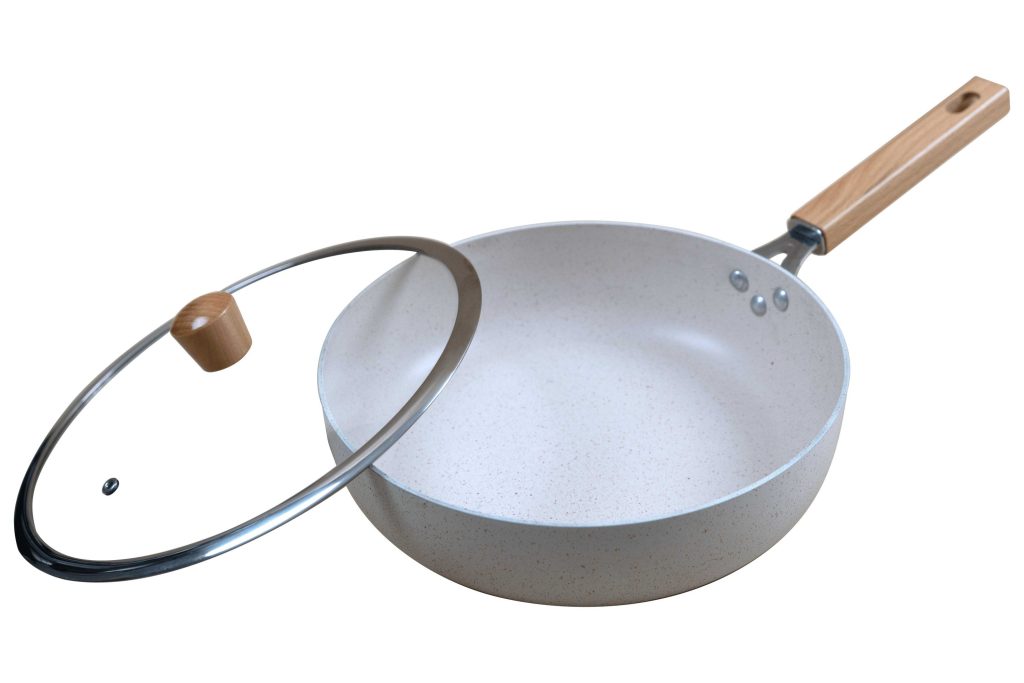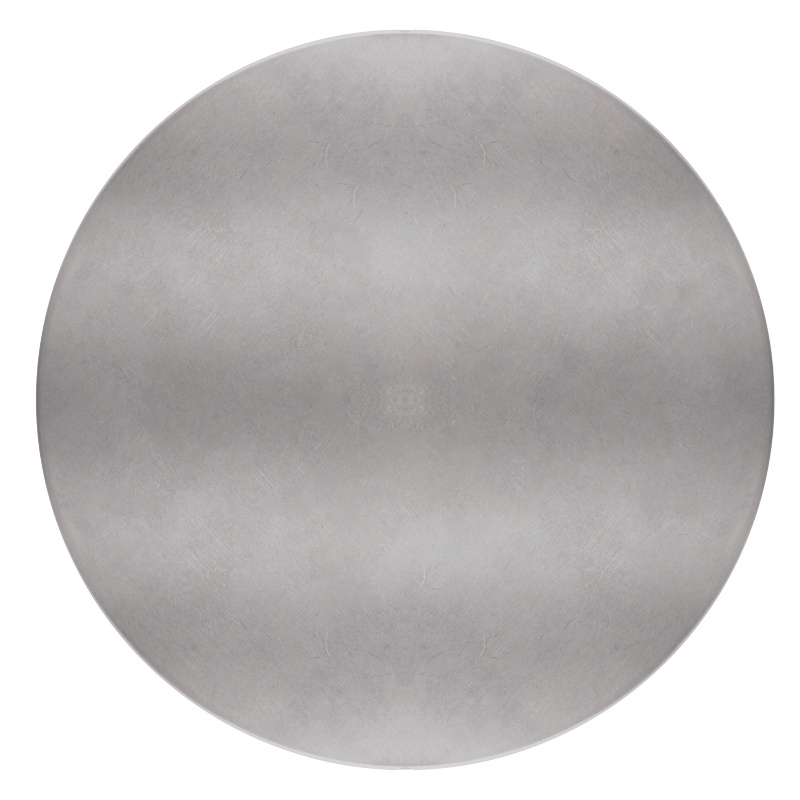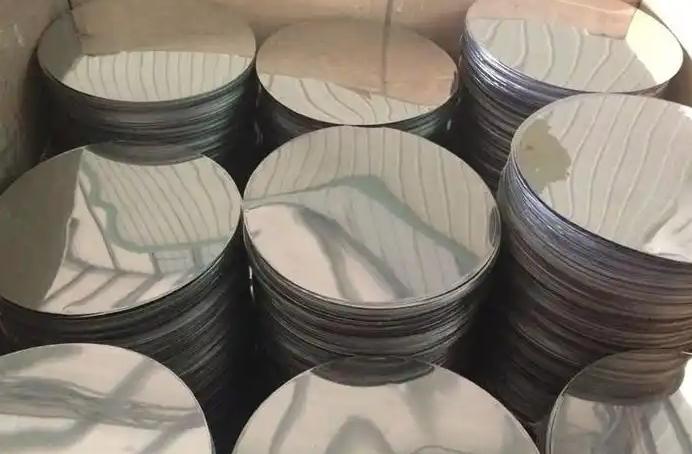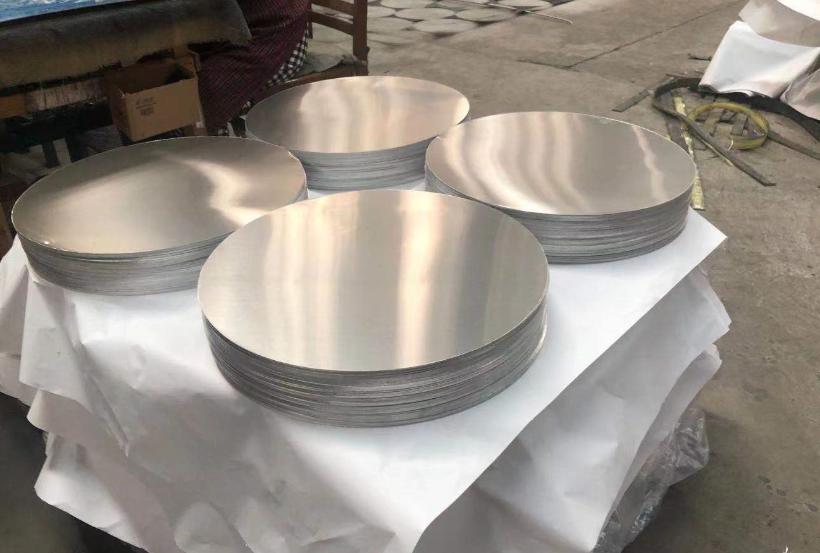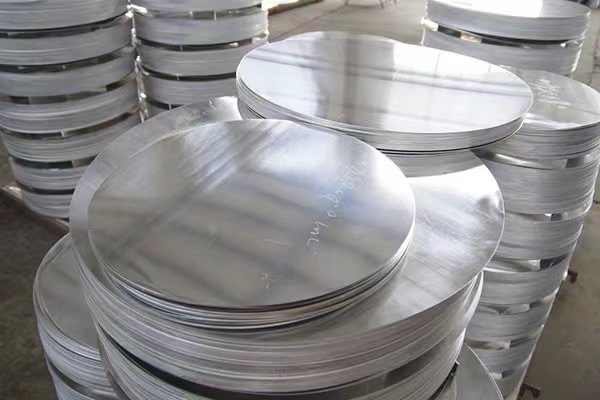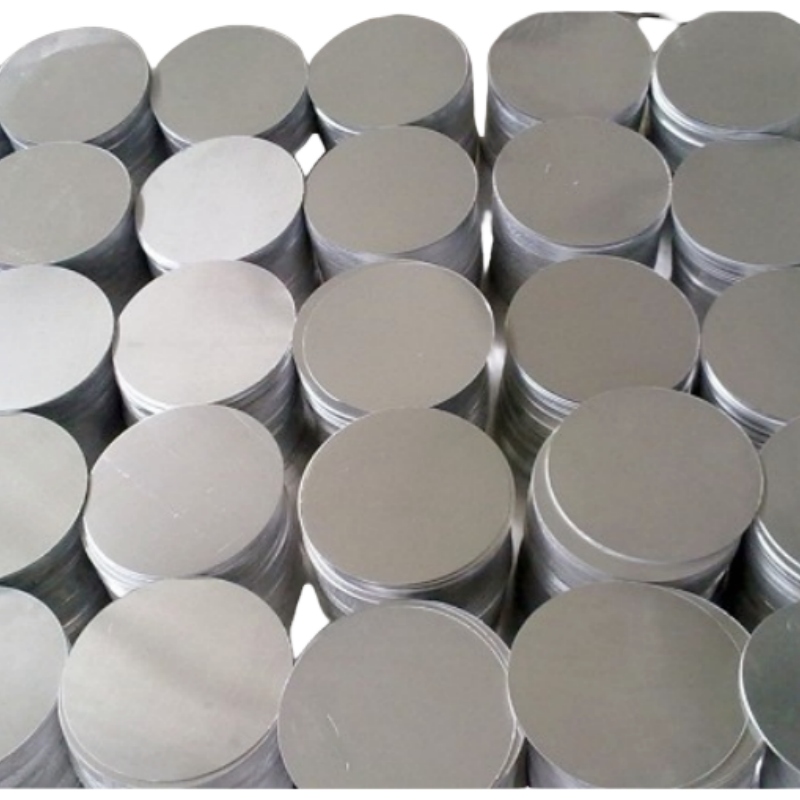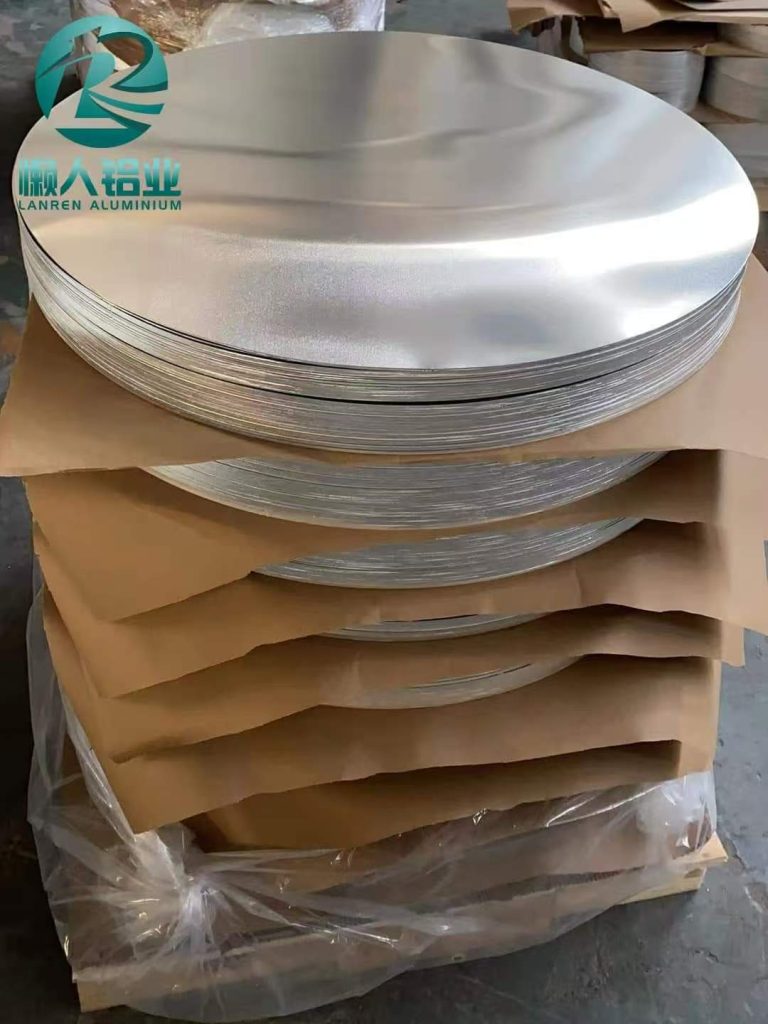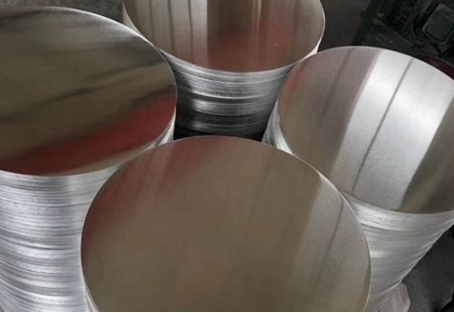Aluminum or stainless steel: What is safer for cookware?
If you’ve ever sat in a grocery store looking at pans and pots asking, “Is aluminum or stainless steel safer for my family?” you’re not the only one. It’s one of the most frequently asked questions people are asking about kitchen cookware, and for the right reason. With concerns about the possibility of eating food poisoning as well as food items that burn and whether a set will last longer than one year selecting cookware is a risky choice.
This article will clear the confusion and answer your most frequently asked questions. Which is more secure? Which is the best cookware? Pick the line-up that fits your life—tight budget, kid-friendly meals, or gear built to outlast you—and we’ll start with the basics.
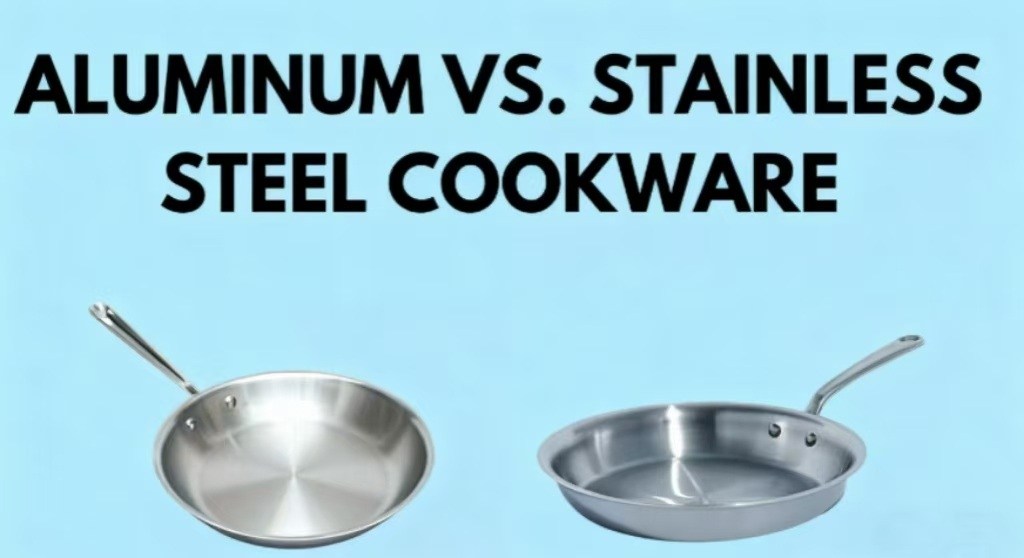
The Difference Between Aluminum and Stainless Steel Cookware
There is no need for an education in chemistry to appreciate the fundamental differences. Just concentrate on the aspects that matter in everyday use:
Aluminium cookware-Lightweight (you could lift it using one hand) and cost-effective (great for budget-conscious households) and cooks quickly. It’s used in every day pans, pots, as well as small appliances such toasters. What’s the problem? Aluminum that is not coated can react with certain food items.
Stainless steel cookware -Heavier (feels solid) shiny, glossy and is often paired often with “premium” kitchen tools. It’s commonly used in sinks Dutch ovens, as well as high-end pans. The most notable benefit? It’s impervious to rust and scratches if you select the right one.
The differences don’t only affect appearances. They impact directly the safety of your food is cooked, as well as the length of time your cookware will last.
Safety Considerations–Aluminium vs. Stainless Steel
Security is the number one priority for the majority of people, and with good reason. There is no reason to let metals seep into their eggs, pasta or sauces. Let’s look at the details for each of these materials.
Does Aluminum Leach into Food?
The biggest concern with aluminum is “Will it get into my food?” The simple answer is yes but only in certain circumstances and generally not enough to be harmful to most people.
Leaching occurs when aluminum reacts to acidic foods (like tomatoes or lemon juice) vinegar) or salty food items. The aluminum that has been scratched can also be leached more easily because the surface that protects it is damaged.
Are there any risks? Health agencies such as the FDA recommend that leaching on occasion is safe for adults of all ages. However, individuals who suffer from kidney problems (who are unable to process excessive aluminum) or who consume non-coated aluminum frequently should be wary.
The easiest solution is to select the anodized version of aluminum. This kind of aluminum is coated with a protective layer which stops the leaching process completely. It’s as light and cost-effective as regular aluminum, but more secure.
Aluminum’s benefits? It’s affordable (great for students in college or those who are just starting out as homeowners) and light (perfect for those over 65 or who has difficulty using heavy saucepans). Most people find that anodized aluminum solves the security issue.
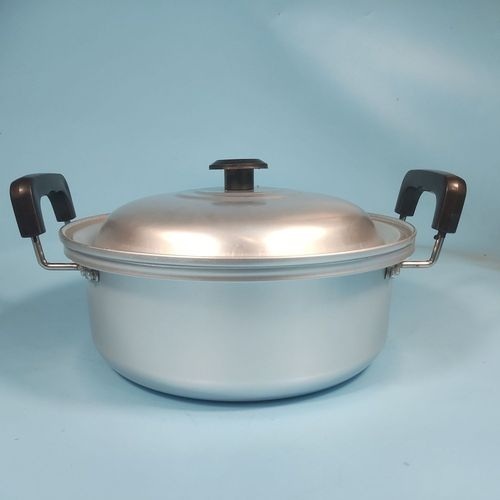
Is Stainless Steel Cookware “100% Safe”?
The sound of stainless steel is safe, and in the majority of cases it is. But many users ask: “Does it leach nickel or chromium?”
The reality about leaching is it is composed from a combination of different metals (like nickel, iron and chrome) However, the rate of leaching is extremely low even when cooking food that is acidic. According to the FDA and EFSA confirm that these levels are much lower than what’s considered to be harmful.
The reason it’s so family-friendly is that unlike aluminum and steel, stainless steel doesn’t have any coating that can scratch off. You can use utensils made of metal (no worries about scrapes from plastic) and then place into the dishwasher and even drop it-and the steel is secure. Perfect pick for homes where kids treat pots like playground equipment.
Stainless steel doesn’t rust discolor, discolor, or react with food items over time. A quality set will remain secure and reliable for decades or longer, meaning there’s no requirement to replace it each few years
Quick Safety Comparison: Which Fits Your Needs?
| Scenario | Better Choice | Why It Matters for You |
| Cooking acidic/salty foods (tomato sauce, pickles) | Stainless Steel / Anodized Aluminum | No leaching—no stress about metals in your food |
| On a budget, need lightweight pans | Anodized Aluminum | Affordable and easy to lift |
| Family with kids/heavy daily use | Stainless Steel | Durable, no scratchable coating |
| People with kidney issues | Stainless Steel | Eliminates all aluminum exposure |
Cooking Performance–Which Makes Better Meals?
Safety is important, but so is whether your cookware is able to make delicious food. Let’s discuss heat conductivity, which is the most important aspect that determines how well your pans work.
Heat Conductivity–Why It Stops Burnt Food
If you’ve ever experienced an uncooked pancake go through the fire on one side, but remain uncooked on the other, you’ve experienced the frustration of low heat conductivity. Here’s how aluminum and stainless steel compare:
Aluminum heats quickly and evenly. This is the secret to its success. You’ll spend less waiting around for your pans to get warm and food to cook evenly. It’s ideal for stir-fries, eggs, or any dish that requires quick even heating. The only drawback? Uncoated aluminum that is cheap can cause hot areas (but anodized aluminum eliminates this).
The temperature of stainless steel is slower and has hot spots, unless it is surrounded by the aluminum-core. The majority of stainless steel pans that are high-quality include an aluminum core (you may notice “tri-ply” or “multi-ply” labels). The aluminum core evenly distributes heat which allows you to cook your steak until it is perfect or cook soup with no burning on the top.
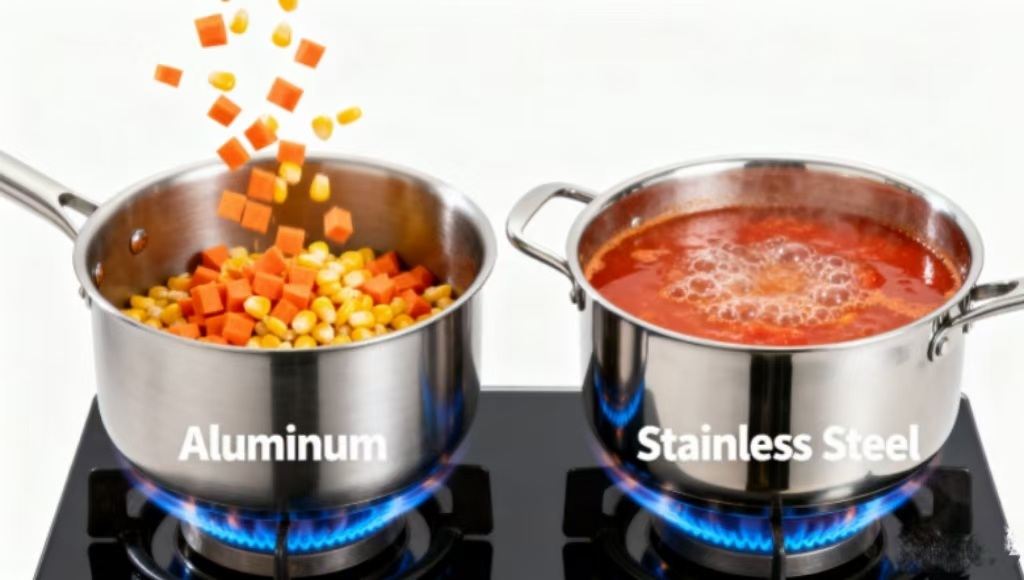
Other perks to consider
Aluminum is light and makes it simple to throw stir-fries into the dishwasher or transport from the the stove to the table.
The stainless steel can be used in ovens (up to 500 °F or more) which means you can cook a chicken over the stove and then cook it in the oven. There’s no need to wash dishes.
Durability & Maintenance–Which Lasts Longer?
It is not a good idea to buy new cookware each year. Let’s see the way Stainless aluminum and steel cookware lasts over time and how much effort they require.
How Long Will They Last?
Uncoated aluminum picks up scratches and dark smudges, calling it quits after 3-5 hard-working years. Its anodized cousin shrugs off scrapes and never dulls, soldiering on for 7-10, so the tiny price bump pays for itself. Flip the coin and stainless is built for 10-plus years—no scratches, no chips, no fade—an elite set can tour the family tree, gaining heirloom value along the way.
How Much Cleaning Work Do You Want?
Anodized aluminum is dishwasher-safe–easy to clean–but you should avoid abrasive sponges since they can scratch the coating. The aluminum that is not coated requires hand washing only, as dishwashers cause it turn discolored; it requires more effort, but it’s doable for those who don’t mind hand washing. The advantages of stainless steel are that it is dishwasher safe, and it can be used with the steel wool and abrasive sponges, with no need to worry about babying it. The downside is that it displays marks of moisture, and the solution is easy-just wipe it off with a dry, clean cloth after washing. This process takes about 10 seconds, and makes it shine. If you don’t like cleaning stainless steel could be your best choice for you, and if need a lot of attention the anodized aluminum remains easy to clean.
Which Is Right for You?
The answer isn’t a “one-size-fits-all” answer-but here’s how to make a decision depending on your needs and preferences:
Choose Aluminum Cookware If…
- You’re working on a budget.
- It is important to use light pans (e.g. senior citizens and people with arthritis).
- You prepare simple meals (stir-fries eggs) and need fast heating.
- Rule: Always select Anodized Aluminum (skip uncoated to protect yourself).
Choose Stainless Steel Cookware If…
- You want “set-it-and-forget-it” safety (great for families or people with health concerns).
- You’re not afraid to spend more upfront to get value in the long run.
- You can cook meals that are oven-to-stovetop (roasts and casseroles) or adore searing meat.
- Pro tip: Try looking to find “18/10 stainless steel”-it’s more durable (more nickel) and less likely to show scratches.
Or just click here to watch the video and make your choice.
Conclusion
In the case of aluminum or stainless steel cooking equipment, the safety and efficiency depend on how you make use of it. Anodized aluminum is a fantastic economical, light option. Steel made of stainless is the ideal choice for strength, durability in addition to safety for the family and long-term usage.
If you’re looking to get your hands on quality aluminum cookware that meets your daily cooking needs, head to Lanren to choose and purchase the aluminum cookware you want!
Related Products

